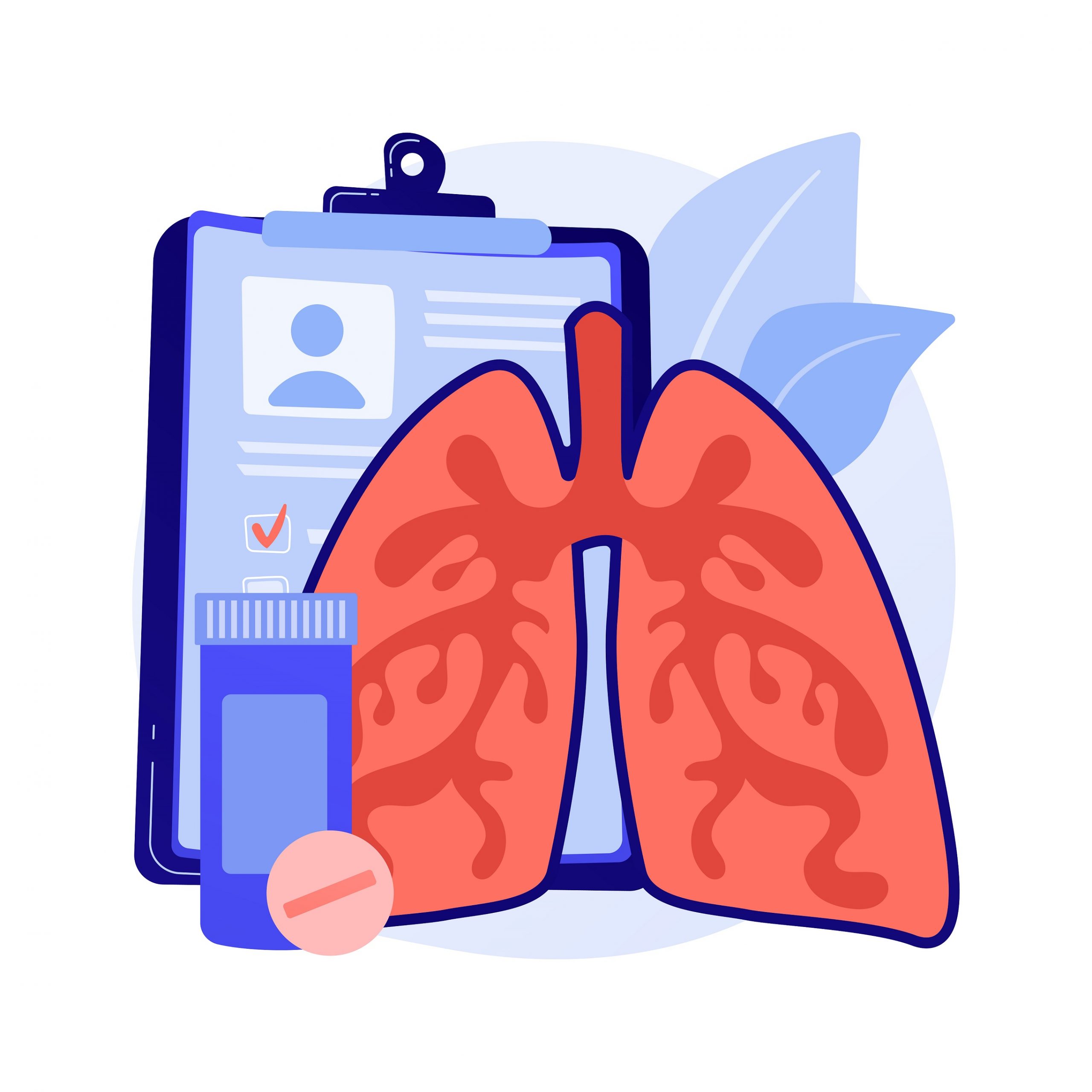Chronic obstructive pulmonary disease(COPD):
Chronic obstructive pulmonary disease, or COPD, refers to a group of diseases that cause airflow obstruction and breathing difficulties It includes emphysema and chronic bronchitis. Smoking and air pollution are the most common causes of COPD. Their long-term exposure can cause chronic obstructive pulmonary disease. Though the leading cause of COPD is smoking, however, 1 in 4 with COPD never smoked.
The most common symptoms of COPD are difficulty in breathing specifically on exertion, chronic cough (sometimes with phlegm), and feeling tired. COPD symptoms can get worse quickly. These are called acute exacerbations. These usually last for a few days and often require additional medicine to add like antibiotics.
People with COPD also have a higher risk for other health problems. These include lung infections, like the flu or pneumonia, lung cancer, heart problems, weak muscles and brittle bones, depression, and anxiety.
COPD can be diagnosed using a simple breathing test called spirometry & and sometimes with a Bronchodilator. Treatment of COPD, comprises the steps to reduce symptoms and improve quality of life are:
- Quit smoking. For people who smoke, the most important part of treatment is to stop smoking.
- Avoid tobacco smoke and other air pollutants at home and at work.
- Medicine. Symptoms such as coughing or wheezing can be treated with medicine like Bronchodilators, steroids, and antibiotics.
- Pulmonary rehabilitation, is a kind of treatment program that includes pharmacological treatment, breathing exercises, nutritional support, vaccination, and counseling targeting to improve the quality of life.
- Prevention and treatment of lung infections. Lung infections play a main role in COPD examination and hospitalization. Every year flu shots and pneumonia vaccines once, are especially important for people with COPD Respiratory infections should be treated with antibiotics accordingly.
- Supplemental oxygen. A portable oxygen tank may be needed to provide domiciliary O2 therapy if core pulmonary or heart failure is associated.
Author:
Dr. SM Abdullah Al Mamun
MBBS(DMC), MD (Chest), MCPS(Med), FRCP(Edin)
Senior Consultant


